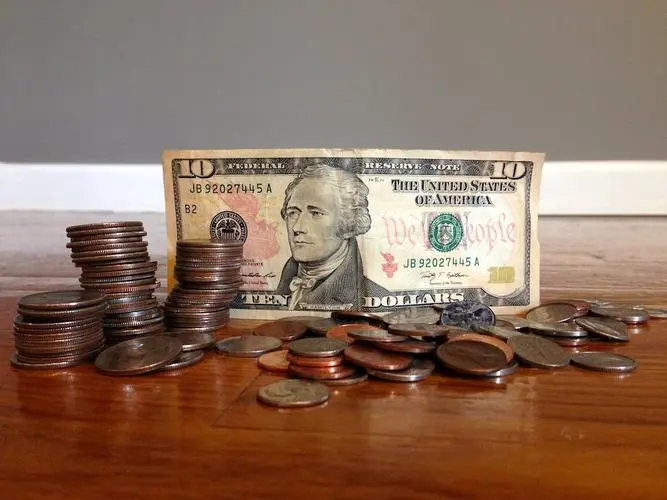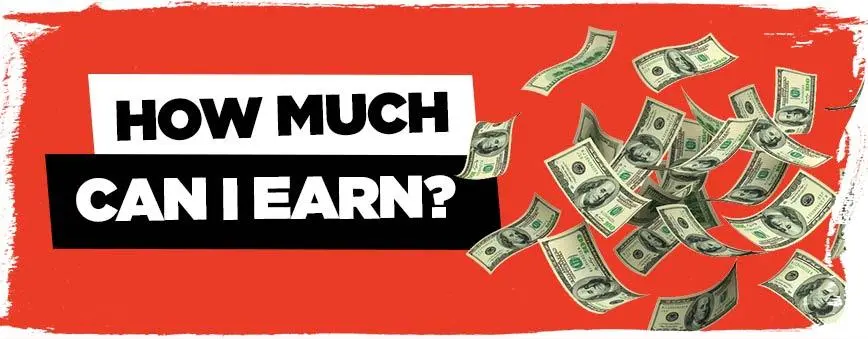In the world of finance and commerce, various instruments are used to facilitate transactions and ensure the smooth flow of funds. Among these instruments are promissory notes, bills of exchange, checks, and bank drafts. These financial instruments play a crucial role in enabling individuals and businesses to make payments, settle debts, and transfer funds securely. In this article, we will explore what these instruments are, how they work, and their significance in the financial landscape.
Promissory Notes:
A promissory note is a written promise by one party to pay a specific sum of money to another party at a future date or on-demand. It is a legally binding agreement that outlines the terms and conditions of the debt. The party making the promise is known as the "maker" or "issuer" of the note, while the party to whom the payment is owed is referred to as the "payee." Promissory notes are commonly used in various financial transactions, such as loans, mortgages, and credit agreements.
Bills of Exchange:
A bill of exchange is a negotiable instrument that enables the transfer of debt from one party to another. It is a written order by the creditor (drawer) to the debtor (drawee) to pay a specific amount of money to a third party (payee) on a specified date or on-demand. Bills of exchange are widely used in international trade to facilitate payments between parties located in different countries. They provide a secure means of settling debts and ensuring timely payment.
Checks:
A check is a written order by an account holder (drawer) to their bank (drawee) to pay a specific amount of money to another party (payee). It serves as a convenient method for making payments, especially in domestic transactions. Checks are typically issued against a checking account and require the account holder's signature to authorize the payment. They provide a record of payment and can be used as proof of transaction.
Bank Drafts:
A bank draft, also known as a banker's draft or cashier's check, is a payment instrument issued by a bank on behalf of its customer. It guarantees payment to the payee and is considered as good as cash. Bank drafts are often used for large transactions or when a secure form of payment is required. The funds for the draft are debited from the customer's account, and the bank assumes the responsibility for ensuring that the payment is honored.
These financial instruments serve several important functions in the financial system:
1. Facilitating Transactions: Promissory notes, bills of exchange, checks, and bank drafts enable individuals and businesses to make payments and settle debts conveniently. They provide a formal mechanism for transferring funds between parties.
2. Ensuring Security: These instruments offer a level of security by providing written evidence of the debt or payment obligation. They create a legally enforceable commitment between parties, reducing the risk of non-payment or disputes.
3. Enhancing Trust: The use of these instruments enhances trust in financial transactions. They provide assurance to the payee that they will receive payment as agreed upon. This promotes confidence and fosters business relationships.
4. Enabling International Trade: Bills of exchange play a crucial role in facilitating international trade by providing a means for parties in different countries to settle debts. They help overcome currency differences and minimize risks associated with cross-border transactions.
5. Providing Financial Records: These instruments serve as important financial records for both the payer and payee. They provide evidence of payment or debt obligations and can be used for accounting purposes, tax filings, and legal documentation.
It is important to note that the use of these financial instruments is subject to legal regulations and guidelines in different jurisdictions. The terms and conditions governing their use may vary, and it is essential for individuals and businesses to understand the applicable laws and requirements.
In conclusion, promissory notes, bills of exchange, checks, and bank drafts are essential financial instruments that facilitate transactions, ensure security, and enhance trust in financial dealings. They play a vital role in enabling individuals and businesses to make payments, settle debts, and transfer funds securely. Understanding how these instruments work and their significance in the financial landscape is crucial for anyone involved in commercial activities or seeking to manage their finances effectively.







